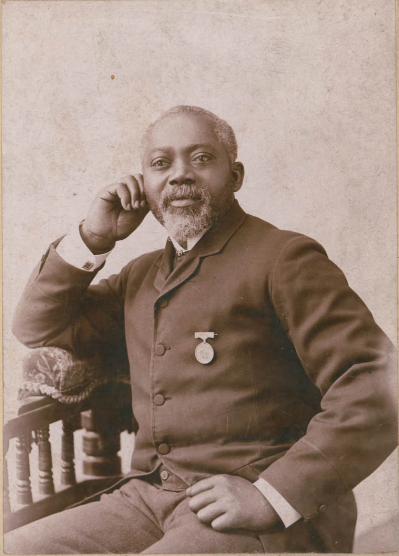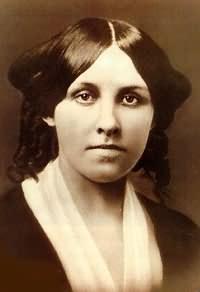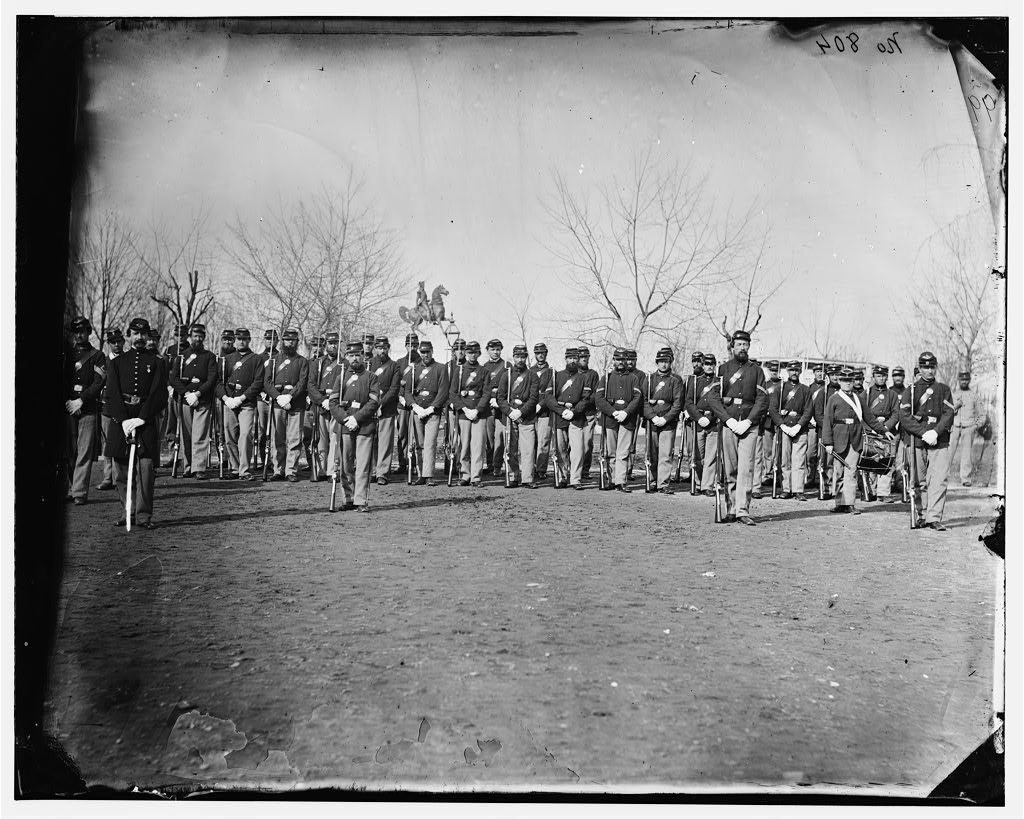Explore the compelling stories of Civil War nurses and disabled veterans.
How did their experiences change America?
Visit the new online exhibit: How Civil War Veterans Transformed Disability.
Through pictures, documents, maps, and their own words in letters, speeches, and books, explore the rich experiences of disabled veterans and examine the massive system of institutions that arose to serve them following the Civil War. Reflect also on the stories of nurses who made their own sacrifices to serve wounded soldiers. The exhibit employs nearly 100 primary sources, featuring the collections of the Library of Congress.
Explore nine stories of nurses and disabled veterans and ten profiles of institutions created to support disabled veterans. A background essay by historian Graham Warder of Keene State College places the stories in context. Maps, songs, and data build help to locate and enliven the stories.
The exhibit is fully supported by a unit of the same name in the inclusive Reform to Equal Rights: K-12 Disability History Curriculum.
Students and the interested public can compare and build understanding of the lives of disabled veterans and the impacts of their experiences on the nation.
Emerging America developed the exhibit with support from a Mass Humanities Expanding Massachusetts Stories grant and with support from a Library of Congress Teaching with Primary Sources grant. Support from partners and funders does not necessarily signify organizational endorsement.
Historian Graham Warder provided extensive knowledge and insights for the exhibit and curriculum. UMass Amherst Public History grad student Emma Lewis researched and managed the many primary and secondary sources. We are particularly grateful for the assistance of the staff of the Massachusetts Historical Society. Also to Holy Cross Archives for sources on Patrick Guiney. Vietnam Veteran Jim Munroe and the Veterans Education Project generously shared his assistance and permission to include his stories collected through the Library of Congress Veterans History Project.
This program is made possible by a grant from Mass Humanities, state-based affiliate of the National Endowment for the Humanities, which provided funding through the Massachusetts Cultural Council (MCC).
Reform to Equal Rights is also made possible through a Teaching with Primary Sources grant from the Library of Congress.








